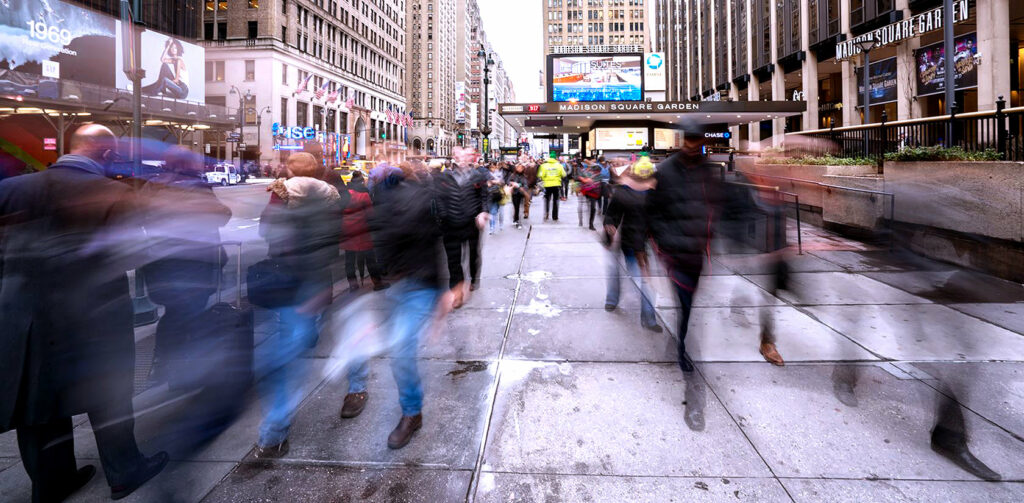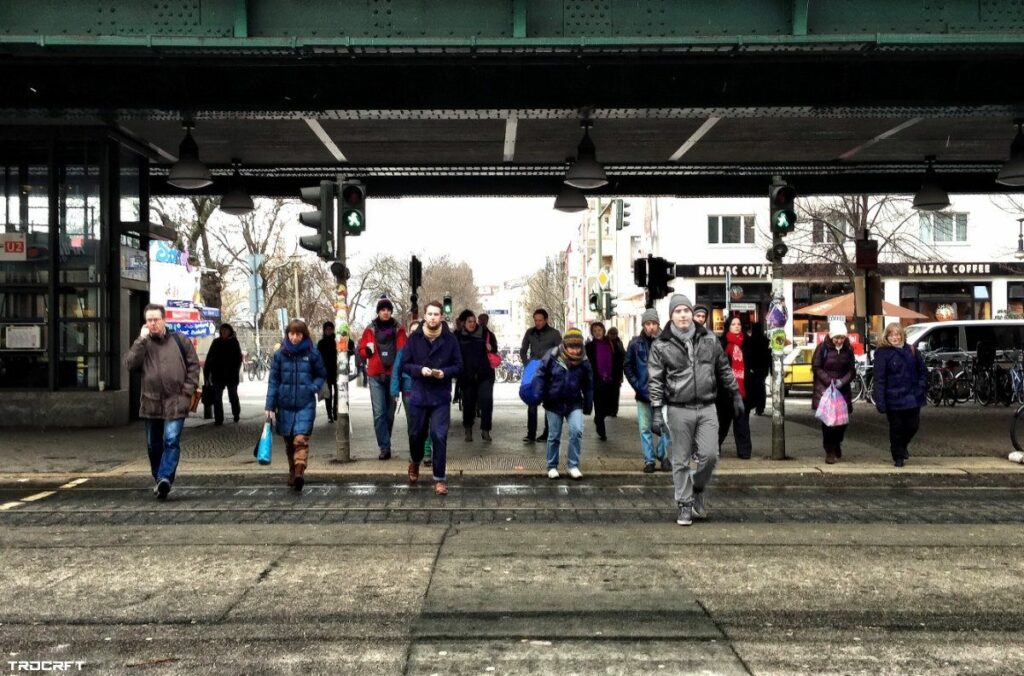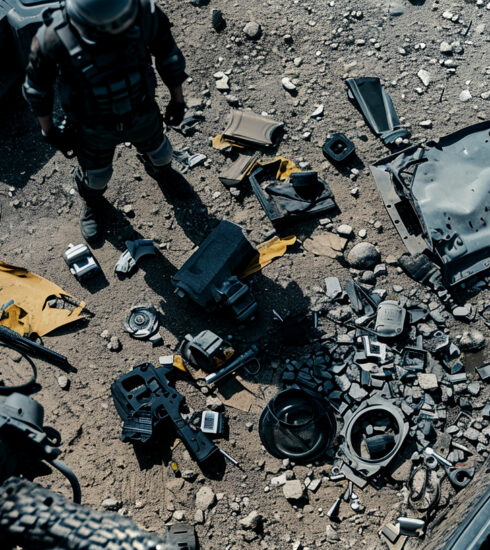The Importance of Situational Awareness in the Field
Whether you’re a covert operative of an intelligence agency, part of Special Forces in the military or just a vigilant individual trying to be at their street best in a city, situational awareness is an essential skill.
If you don’t have it, it could mean the difference between life and death. Situational awareness is important for field operatives and urban residents alike.
As a covert operative, the ability to be aware of your surroundings plays a crucial role on any mission. This level of awareness is often referred to as situational awareness and is an important skill for anyone working in the intelligence community.
With this heightened sensitivity, you can more easily identify potential threats and also maintain your own safety while out in the field. Developing and honing this trait takes time, but being mindful of your environment can be a powerful tool used not just by spies and military personnel on operations but for ordinary people on their daily routines.

What Is Situational Awareness?
Situational awareness means being aware of your surroundings at all times. This includes being aware of potential threats, possible escape routes, and any items that can help you survive any given situation. It also involves being able to make quick decisions based on the information you have gathered from your environment.
The importance of situational awareness cannot be overstated — it’s one of the most important skills that a field operative can possess. Knowing what’s going on around you at all times can help you stay safe in dangerous situations as well as anticipate potential threats before they occur. It also allows for quick thinking and decision making which can be crucial when lives are at stake.
How To Develop Situational Awareness?
Developing situational awareness involves paying close attention to the environment around you and being conscious of elements that could cause potential danger – or opportunity. This can be done by being mindful of your surroundings, both indoors and outdoors, spotting risks that could come from other people or objects, and preparing yourself with strategies for quick decision making in unexpected situations.
Practicing mindfulness through breathing exercises can also help increase focus on what is happening around you and help stay alert. Becoming proficient at staying aware of the environment can provide a sense of security that no matter the situation, one can rely on their ability to make split-second decisions if needed.
Developing situational awareness takes time and effort but with practice it can become second nature to an experienced field operative or street smart local. The key is to pay attention to your surroundings at all times and look for anything out of the ordinary that could indicate danger or provide an opportunity for survival should something go wrong.
Additionally, understanding basic human behavior (such as body language) can be helpful in predicting another person’s intentions before they act upon them. Finally, staying focused on your mission objectives while still remaining alert to any changes in your environment will ensure that you are able to succeed in any mission.
In Practice:
Good situational awareness is a valuable asset and adopting it in your everyday life can be incredibly beneficial. It’s all about realizing that there are potential threats, both physical and mental, existing around you all the time.
To benefit from your developed situational awareness, you need to adopt an investigative mindset expanding beyond believing what others share with you. Always remain vigilant of your surroundings and pay attention to changes or new elements that could lead to potential danger.
Use common sense in analyzing such situations and act according to your findings instead of just taking in the information provided by other people. With some practice, it will become easier for you to observe and learn from any given situation quickly.
Good situational awareness requires practice and dedication but can be a great asset for anyone working in the field. By actively observing and analyzing their surroundings, operatives and other field operators can anticipate potential dangers while also staying focused on their mission objectives.
Allowing them to complete their tasks more effectively and safely than ever before. With enough practice and training, situational awareness can become second nature for those who need it most.
Thus making them better prepared than ever before no matter what situation they find themselves in.
It’s important to be aware of your surroundings at all times, whether you are in a dangerous area or not, on a mission or not. By being situationally aware, you can be more alert and prepared for whatever may come your way.
If you are ever in doubt, always err on the side of caution and trust your gut instinct. It is better to be safe than sorry.

Situational awareness is an incredibly important skill to possess in all areas of life. From driving on the freeway, to dealing with tense situations, or even just being present in conversations — staying aware of one’s surroundings can make all the difference.
Knowing what is going on around us at any given time helps us to anticipate, plan accordingly and react quickly if needs be. It bolsters our intuition, allows us to identify potential risks and opportunities, and, ultimately, helps keep us safe from physical harm. Being aware of your environment sends a message – to yourself and others – that you are focused and have a good grasp of the current situation; this can inspire confidence in yourself and those around you.
Situational awareness is not only useful for survival — it’s essential.
[OPTICS: Saigon, Vietnam]







